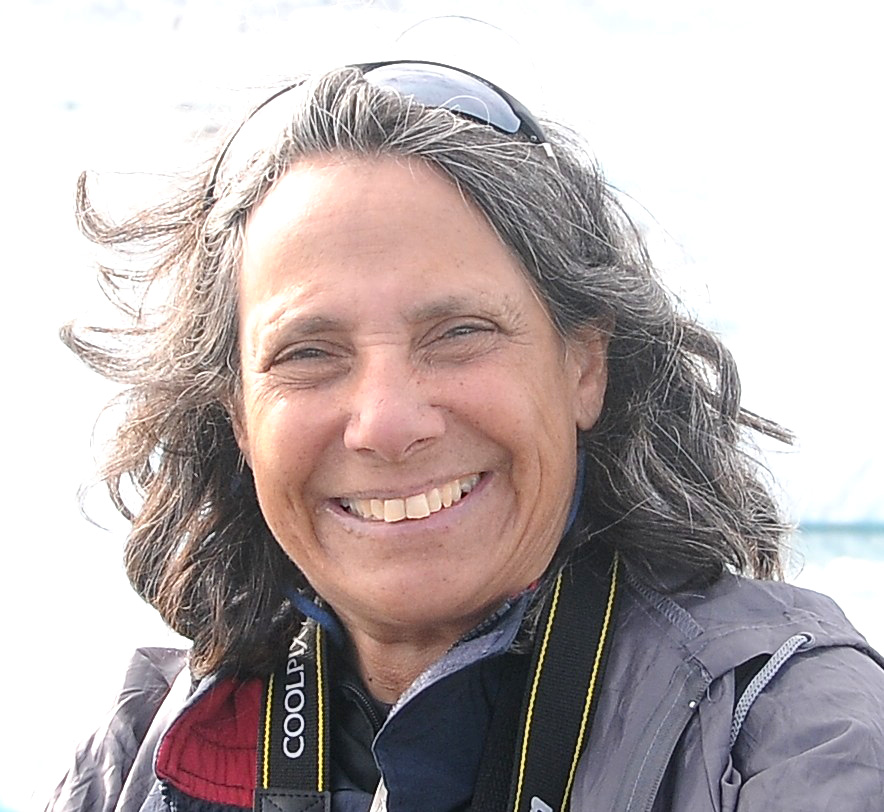To hear Nikki Haley, the U.S. Ambassador to the United Nations, preview U.S. priorities for the 73rd UN General Assembly High-Level Week, the United Nations is merely a stage and the rest of the world’s ministers mere players for American interests, otherwise the U.S. doesn’t want to take part, asserting its “sovereignty.”
While the UN Secretary-General António Guterres has made strengthening “multilateralism” a key objective this year (addressing climate change, refugees, nuclear nonproliferation, and financing and mobilizing private investment for developing sustainable economies), in the U.S. definition, “multilateralism” is getting other countries to do America’s bidding — whether sanctioning North Korea or Iran — but nothing that “mandates” the United States to do what it doesn’t want to do.
“We’ve said from very beginning almost two years ago when we came in that we were going to try and see what we make out of the United Nations,” Haley said at a press “stakeout” on Thursday, Sept. 20.
Issues like the Global Migration Compact, the Paris Climate Accord, “all these things that we felt were mandating things on the U.S., those aren’t things we want to be involved in… We really value sovereignty. We think every country should… We’re not saying that multilateralism can’t work but sovereignty is above all of that.”
Add to that list the U.S. wants no part of the Treaty on the Prohibition of Nuclear Weapons, adopted at the United Nations on July 7, 2017 with 122 states voting in favor (but none of the nine nuclear powers, including the US, as signatories) and opened for signature by the secretary-general of the United Nations exactly a year ago.
The nuclear weapons prohibition would become international law once 50 nations ratify the treaty.
The focus this week “will be very much on the United States, what our role is in the world, the relationships we want to continue to build and what we can do about that. I think the goal we all have in this administration: how to make the American people proud and what actions we can show that make us proud.”
(Sounds like a campaign rally for the midterms.)
Donald Trump will instruct the General Assembly on “the foreign policy successes the U.S. has had over the past year — protecting U.S. sovereignty — and continue to build relationships with those that share those values.”
Yes, the United Nations is set up only to promote dialogue between nations that already agree and support one another.
The America First policy — really a way of reducing foreign policy issues to dollars and cents — extends to foreign aid: Haley said the United States’ “generosity” will be confined to those who do what the U.S. wants.
“We will lay down a marker that while the U.S. is generous, we are generous to those who share our values, who want to work with us, and not those who want to stop the U.S. or say ‘death to America’.”
That has already been made clear in the U.S. action to shut down aid to Palestinians — nearly $200 million — prompting members of the Security Council to raise alarms over a looming humanitarian crisis there.
The action coincided with the administration shutting the Palestine Liberation Office in Washington, DC. Haley, chairing the Security Council meeting, sidestepped the issue entirely by focusing on Iran instead of Israel.
But while the U.S. will focus on the need to continue to pressure North Korea and Iran with sanctions and to push for a global response to the drug problem as its big project proposal, there was no mention of taking up the issue of one nation’s (Russia) interference in the elections of another (United States), which is a direct cyber-warfare attack on sovereignty.
In contrast to Haley’s declaration of U.S. sovereignty, Secretary-General António Guterres said, “I will use my meetings and other opportunities to press for renewed commitment to a rules-based global order and to the United Nations. The United Nations is the world’s indispensable forum for international cooperation. The presence of 84 Heads of State and 44 Heads of Government is eloquent proof of the confidence of the international community in the United Nations.”
Asked whether the secretary-general considers Trump “a threat to multilateralism,” Guterres replied, “First, I don’t like to personalize things. I think we are facing a situation in which, in different areas and for different reasons, the trust of people in their political establishments, the trust of states among each other, the trust of many people in international organizations has been eroded and that multilateralism has been under fire. And so, this is a concern, and that is the reason I said today and I will say it again in the General Assembly, that it’s essential to preserve multilateralism.”
No one asked if the U.S. were not (temporarily at least) the largest economy in the world and the UN’s biggest donor (temporarily at least), would the various UN councils prosecute or seek sanctions for: unleashing climate catastrophes by reversing course of spewing heat-trapping gas emissions at five times the proportion of population (the U.S. has 5% of the world’s population but accounts for 25% of carbon emissions)?
For unleashing economy-crippling tariffs on countries in defiance of existing treaties in the absence of a true “national security” issue, while bestowing $12 billion in subsidies to farmers in violation of World Trade Organization rules?
For violating international law by shutting down virtually all access to refugees and asylum seekers?
For violating human rights of asylum seekers by taking away children as young as infants, incarcerating parents and children for an indeterminate time without due process and deporting parents leaving children orphans in custody in the U.S.?



